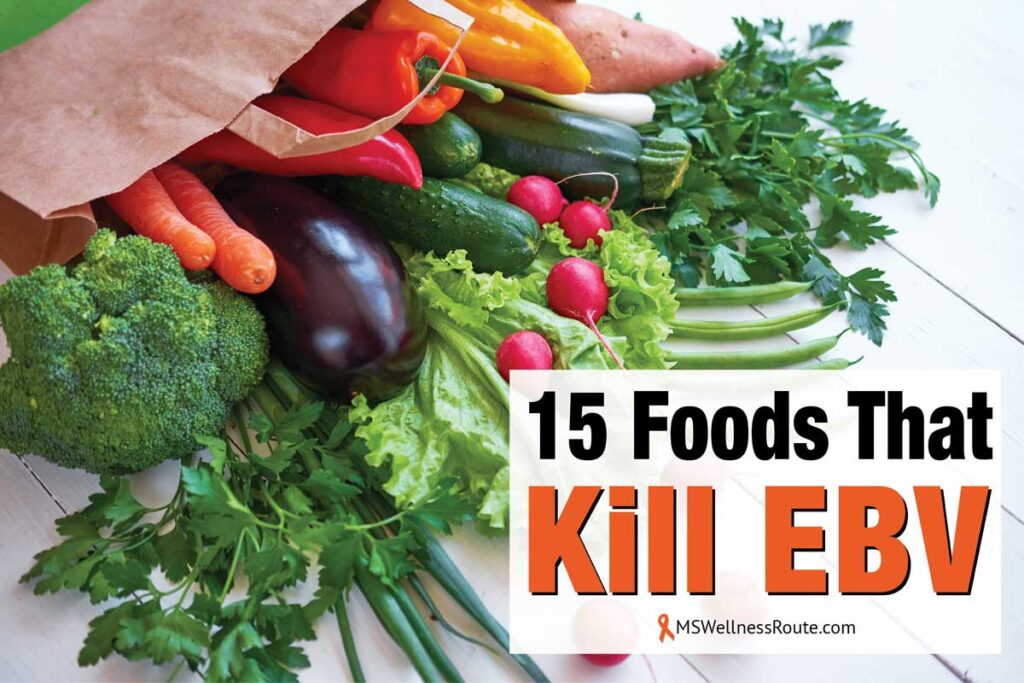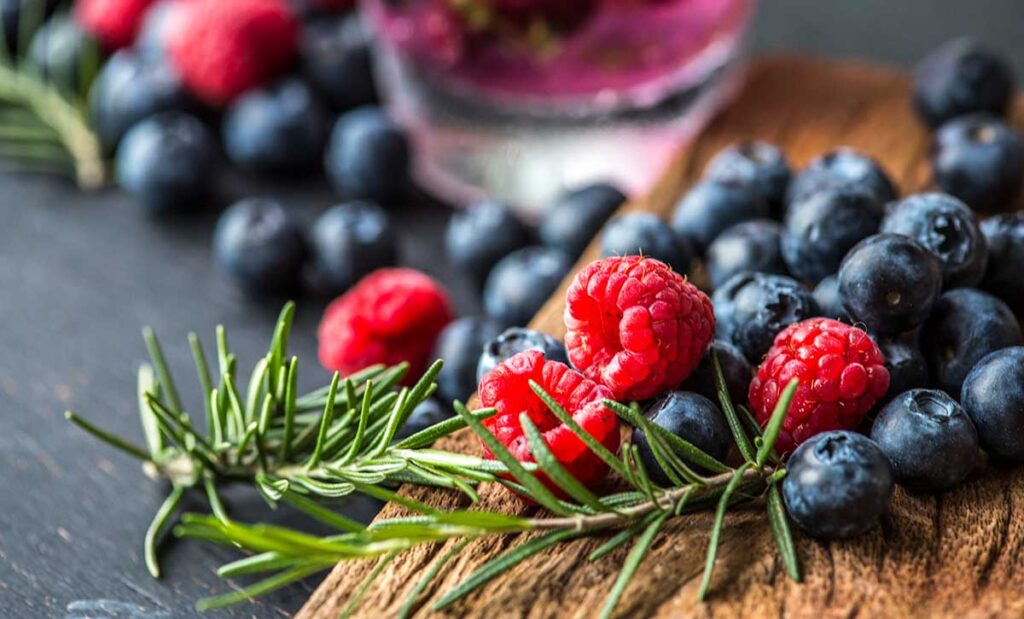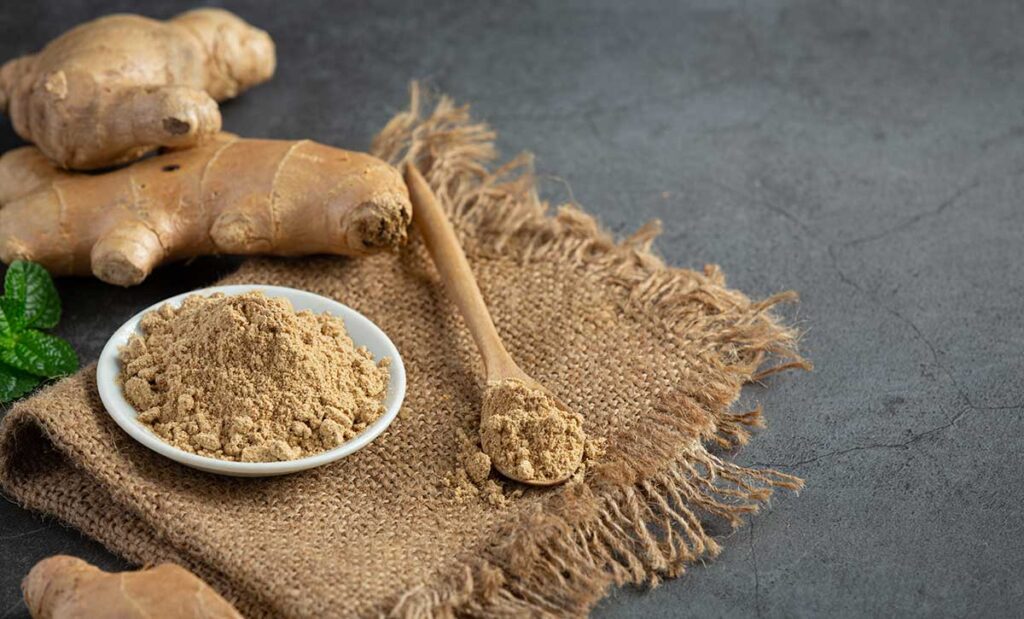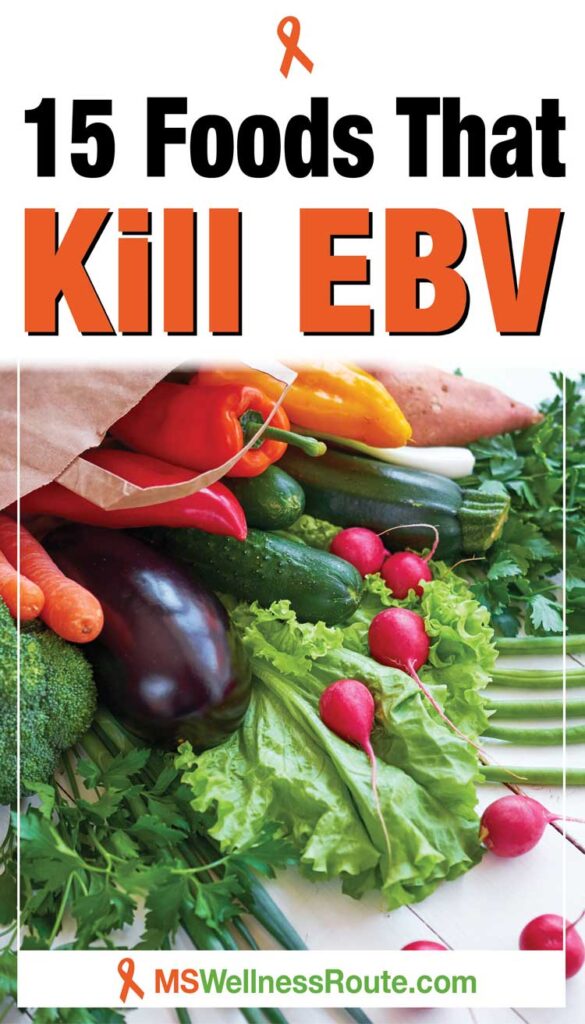
In 1925, scientists suspected that some form of toxin or poison caused MS. They knew most MS damage occurs around blood vessels. They thought it was reasonable for a toxin in the bloodstream to leak into the brain. Although no researcher could find a trace of it.
Doctors in the 1930s wondered if circulation problems caused MS. They tried therapies to stimulate blood flow, including blood thinners and drugs to dilate blood vessels. It wasn’t until many years later they believed MS was an autoimmune disease that involves the immune system attacking its own healthy cells.
In 1964, Michael Anthony Epstein and Yvonne Barr discovered a new virus. You guessed it, the Epstein-Barr virus (EBV). EBV is a common virus infecting over 95% of the adult population. It belongs to the herpesvirus family and is one of the most widespread human viruses. Most people don’t even realize they have EBV.
Scientists first suspected EBV as a potential trigger for MS in the mid-1970s. Studies showed a higher prevalence of EBV antibodies in individuals with MS. Researchers compared this to individuals without the condition. In 2022, researchers released a 20-year study stating that EBV is the main cause of MS.
To Learn More About The Study Read:
However, EBV is not the only factor there are other possible factors including:
- Diet (processed foods, refined sugar, refined carbs, food allergies, etc.)
- Infections (bacterial overgrowth, parasites, viruses, and yeast overgrowth)
- Environmental Toxins (heavy metals, mold, pesticides, etc.)
- Chronic Stress (especially emotional stress)
- Hormones (adrenaline, cortisol, insulin, vitamin D – yes, it’s a hormone)
Bacteria and Other Microbes
During the 20-year study, the researchers also looked into other viruses. They found EBV was the only constant among all MS patients. But since everyone is different another virus, bacteria, or microbe could be an issue for you.
Here are some possibilities:
- C. difficile (bacteria)
- Chlamydia pneumonia (bacteria)
- E. coli (bacteria)
- EBV (if you have MS, you have more than a 99% chance of having EBV)
- Helicobacter pylori (bacteria)
- Human Endogenous Retroviruses (HERV)
- Human Herpesvirus 6 (HHV-6)
- Fungi (mold, yeast)
- Streptococcus, also known as strep (bacteria)
- Parasites (such as toxoplasma
- Salmonella (bacteria)
- Staphylococcus, also known as staph (bacteria)
Bacteria are single-celled organisms. They cause various infections, including strep throat and urinary tract infections.
Fungi are organisms that can cause fungal infections. Infections such as athlete’s foot, ringworm, vaginal yeast infection, and fungal pneumonia.
Parasites are organisms that live on or inside another organism (host). They survive by deriving nutrients at the host’s expense. Examples include malaria, intestinal parasites like hookworms, and parasitic worms like tapeworms.
Viruses are tiny infectious agents that require a host cell to reproduce. They can cause illnesses like the common cold, influenza, HIV/AIDS, hepatitis, and EBV.
The way to support your body is to address whatever invader is attacking your body. You do that by eating the right foods that kill pathogens such as heavy metals and EBV. Also taking supplements to help strengthen your immune system. You also need to help your liver to cleanse and eliminate toxins.
Drug modifying therapies (DMTs) for MS suppress the immune system. If you are taking one of the DMTs it is critical that you eat a clean and healthy diet.
Foods That Heal Against Viruses

Image by rawpixel.com on Freepik
It took almost 50 years for scientists to confirm EBV is the main cause of MS. You don’t have that kind of time to wait for a cure. Starting today, clean up your diet and include foods that kill pathogens like EBV.
Natural foods like fruits, vegetables, and herbs kill EBV and other pathogens. They also help remove heavy metals and toxic chemicals from the body which are also triggers. They help support brain health and the central nervous system. Plus, they help the liver, supply more energy, and improve your quality of life.
Here are 15 foods to include in your diet to remove EBV and other possible triggers of MS:
1. Avocado
Avocados are rich in healthy fats. These include omega-3 fatty acids and monounsaturated fats, which support brain health. They also provide vitamins C and E which protects the brain and spinal cord from free radical damage. Avocados are high in antioxidants and improve cognitive function. Eat these in moderation to keep fat levels low.
2. Berries
Blueberries, strawberries, raspberries, and blackberries are rich in antioxidants and anti-inflammatory compounds. They help protect the brain and support cognitive function.
3. Cilantro
Cilantro has antioxidant properties that help in detoxification. It also helps remove heavy metals from the body.
4. Citrus Fruits
Citrus fruits are excellent sources of vitamin C, which supports the immune system. They are also high in antioxidants.
5. Coconut Oil
Coconut oil is anti-inflammatory, antiviral, and antimicrobial. It helps fight pathogens such as EBV.
6. Garlic
Garlic contains active compounds that give it antibacterial and antiviral properties. It helps support the immune system, fight against infections, and defend against pathogens.
7. Ginger

Ginger has anti-inflammatory properties and immune-boosting effects. It aids in digestion, and nausea relief, and reduces muscle pain and spasms.
8. Kale
Kale is rich in vitamins, minerals, and antioxidants, supporting heart health, promoting digestion, and boosting the immune system. A chemical in kale helps slow the growth of the virus including EBV.
9. Leafy Greens
Spinach and kale, both vegetables, are excellent sources of vitamins, minerals, and antioxidants. These nutrients contribute to brain health. They contain nutrients such as vitamin K and folate. are linked to cognitive function and preventing neurodegenerative diseases.
10. Onions
Onions offer a wealth of benefits They help the immune system, brain, and nervous system, and they help remove heavy metals. They are also effective in treating colds, coughs, and bacterial infections due to their powerful antibacterial properties. It’s best to consume raw onions for optimal nutritional benefits.
11. Papaya
Papayas are extremely high in nutrients. They include vitamins A & C, and minerals such as calcium, iron, phosphorus, and potassium. They also have neuroprotective effects which help the central nervous system.
12. Parsley
Parsley is rich in vitamins, minerals, and antioxidants. It supports immune function and provides various benefits. Parsley is a natural antibiotic and it removes heavy metals from the body.
13. Sprouts
Sprouts like broccoli or alfalfa sprouts benefit the immune system. They are rich in nutrients, antioxidants, and enzymes. They help strengthen the immune system to fight pathogens such as EBV.
14. Turmeric
Turmeric is a spice derived from the turmeric plant. It contains a compound called curcumin which has potent anti-inflammatory and antioxidant properties. It helps protect the brain and supports neuroplasticity.
15. Wild Blueberries
Wild blueberries have two times more antioxidants than regular blueberries. They also reduce oxidative stress and inflammation. Wild blueberries contain vitamins C and E, which are beneficial for the immune system. They help support a healthy digestive system. And they help improve cognitive function and brain health. You should eat these every day. You can find them in the freezer section in many grocery stores.
Foods that Kill EBV

Image by Freepik
Eating a variety of clean, healthy foods boosts your immune system and lets your body begin to heal. Plus, they help you kill viruses and other pathogens such as EBV. Fruits, vegetables, and herbs are the most disease-fighting foods to heal MS. Add these virus-fighting foods to your diet to stop the progress of MS and for a better quality of life.

Free Wellness Library!
Subscribe for free and I’ll send you the password to my secret library filled with many printables for your wellness journey.
Want to remember this health tip? Pin it to your Pinterest board!

Image by fxquadro on Freepik
Resources:
https://www.ncbi.nlm.nih.gov/pmc/articles/PMC1069024/
https://www.ncbi.nlm.nih.gov/pmc/articles/PMC6468554/
15 Foods that Kill Epstein-Barr Virus (EBV)





